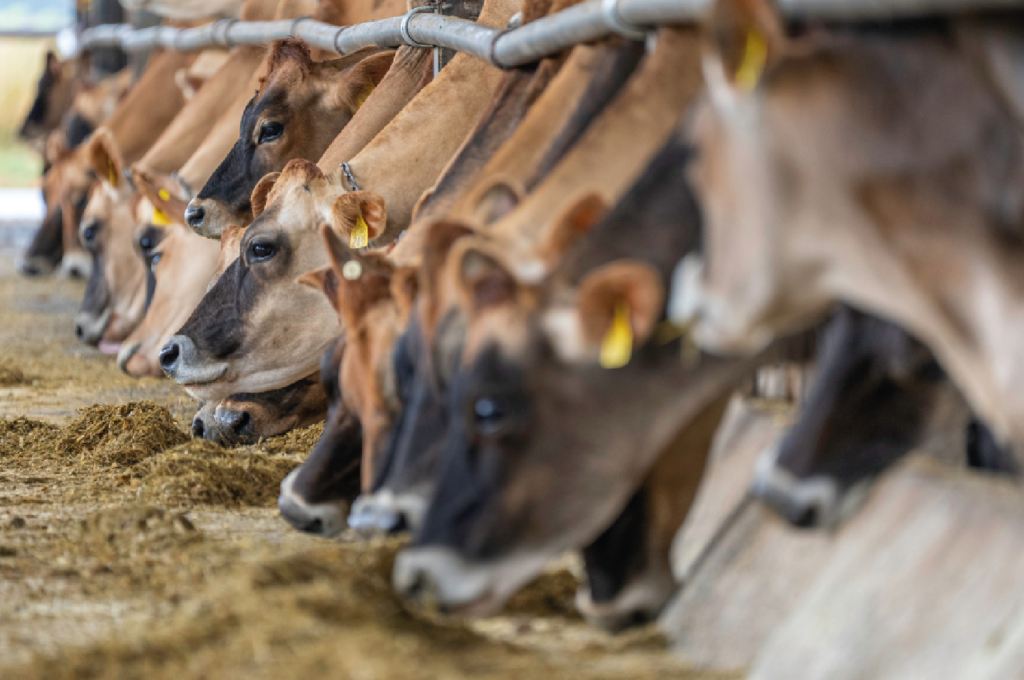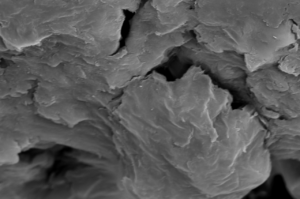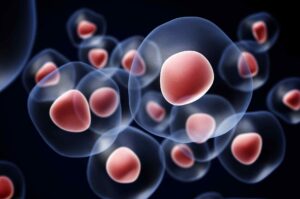When we think about the health of livestock production animals, we often focus on their diet, environment, and genetics. However, there is a silent yet powerful actor: the microbiome. The microbiome refers to the community of microorganisms (bacteria, fungi, viruses, etc.) that inhabit the gastrointestinal tract of animals. These microorganisms fulfill vital and complex functions that contribute to the health and performance of our animals. (Read more at Do You Know the Difference Between Microbiota and Microbiome?)
A Symbiotic Relationship:
The microbiome and the host maintain a symbiotic relationship, which means they both benefit from each other. The microorganisms in the microbiome assist in the breakdown of food by fermenting compounds that the animal cannot digest on its own. In return, the microorganisms obtain a nutrient-rich environment and protection within the animal’s gastrointestinal tract.
Balance:
A healthy microbiome can also help prevent diseases in animals. When the microbiome becomes imbalanced, pathogenic microorganisms can proliferate and cause illnesses, which can have serious consequences for animal health and livestock production profitability.
Nutrient Digestion:
One of the most impressive aspects of the microbiome is its ability to break down and metabolize components that animals cannot digest by themselves. For example, cellulose, a key component of plant cell walls, is difficult for many animals to digest. Additionally, the microbiome also aids in the synthesis of vitamins and essential amino acids that the animal cannot produce on its own. These substances are crucial for growth, development, and disease resistance.
In summary, the microbiome is a key piece of the puzzle in livestock production. Its ability to break down nutrients, synthesize essential substances, and protect against pathogens demonstrates its influence on nutrient assimilation and the overall health of animals.
At Bialtec, we recognize the importance of maintaining a healthy microbiologic balance and support responsible feeding practices that promote the health and performance of livestock production animals by designing and developing microencapsulated microbiomes (learn about the Importance of encapsulation in additives for animal feed).






